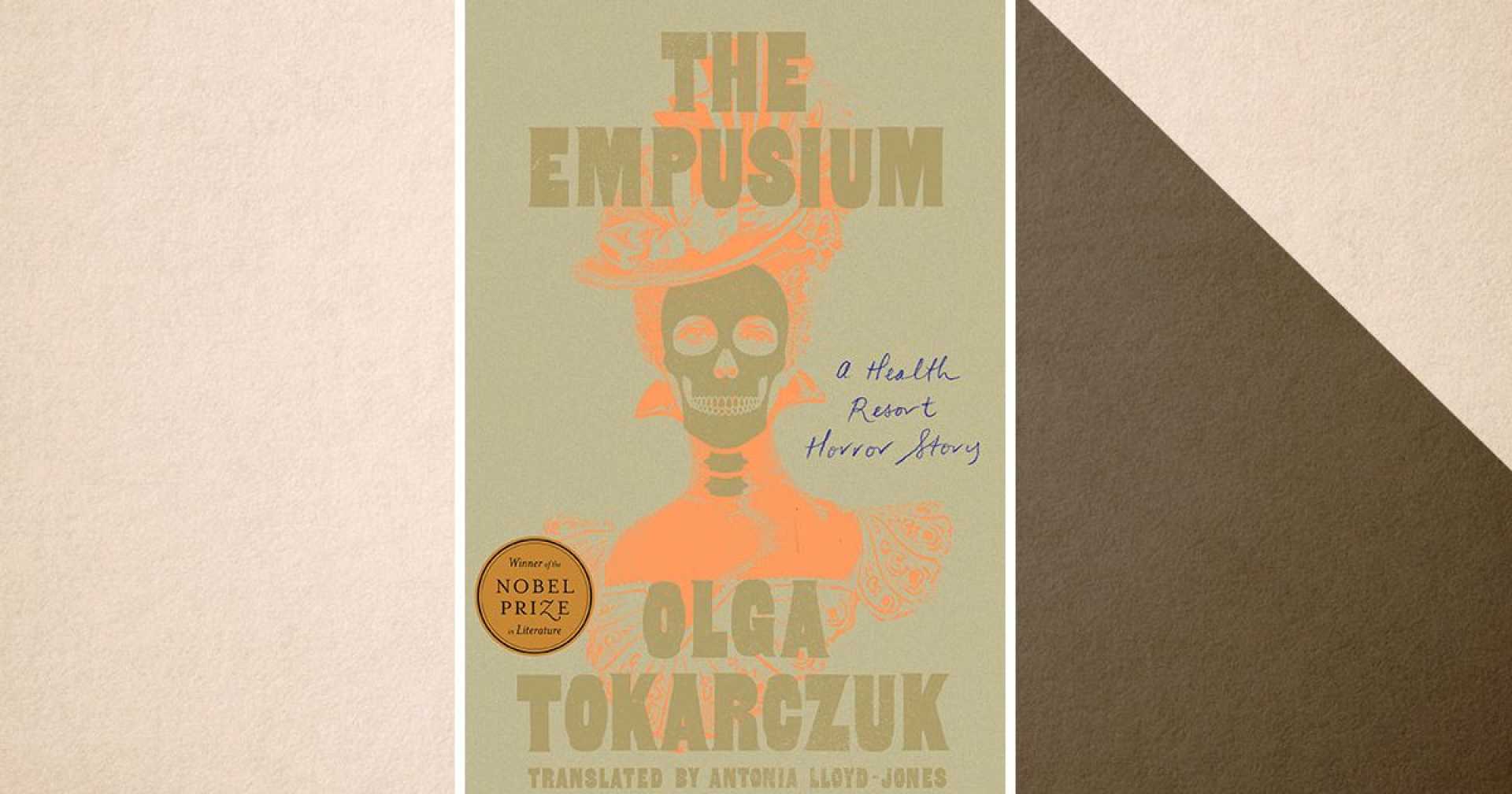Entertainment
Olga Tokarczuk Redefines Realism in New Novel ‘The Empusium’

WARSAW, Poland — Nobel Prize-winning author Olga Tokarczuk has released her first novel since winning the prestigious award, reimagining the boundaries of realism in literature. Titled The Empusium: A Health Resort Horror Story, the book pays homage to Thomas Mann’s The Magic Mountain while exploring themes of history, gender, and the collective unconscious.
Tokarczuk, known for her politically charged and genre-defying works, shifts Mann’s iconic sanatorium setting from Davos, Switzerland, to a lesser-known resort in the Silesian mountains of modern-day Poland. The novel, translated by Antonia Lloyd-Jones, follows Mieczyslaw Wojnicz, a young Polish man with tuberculosis, as he navigates the eerie and anachronistic world of Wilhelm Opitz’s Guesthouse for Gentlemen.
In The Empusium, Tokarczuk reworks Mann’s Enlightenment-driven narrative into a feminist noir that confronts the specter of history and the irrational forces lurking beneath the surface of modernity. The novel, written during the COVID-19 pandemic, reflects on the tension between health and history, as the sanatorium becomes a site of violent death and suppressed truths.
“The health resort was now the site of violent death,” Wojnicz observes early in the novel, setting the tone for a story that intertwines the personal and the political. The death of Opitz’s wife, Klara, serves as a catalyst for the unraveling of the resort’s facade, revealing the pervasive misogyny and irrationality of its male inhabitants.
Tokarczuk’s background as a clinical psychologist shines through in her exploration of the unconscious and the hidden realities of modern society. The novel’s detective-like narrative uncovers the suppressed voices of women and the irrational forces that defy Enlightenment rationality. “People should get used to the fact that they are being watched,” the novel’s fourth-person narrator remarks, reflecting Tokarczuk’s call for a new realism that captures the collective unconscious.
Set against the backdrop of Lower Silesia, a region with a tumultuous history of shifting borders and empires, The Empusium challenges the notion of the nation-state as a fixed entity. Tokarczuk’s use of language, influenced by the Galician writer Bruno Schulz, further blurs the lines between reality and fantasy, creating a narrative that is both evanescent and precise.
The novel’s conclusion sees Wojnicz leaving the sanatorium with a new identity, symbolizing the possibility of escape from the violent trajectories of history. Tokarczuk’s reimagining of Mann’s classic is both a homage and a subversion, offering a parable that sits like a “temperamental bolt of electricity” in the historical orbit of the European novel.












